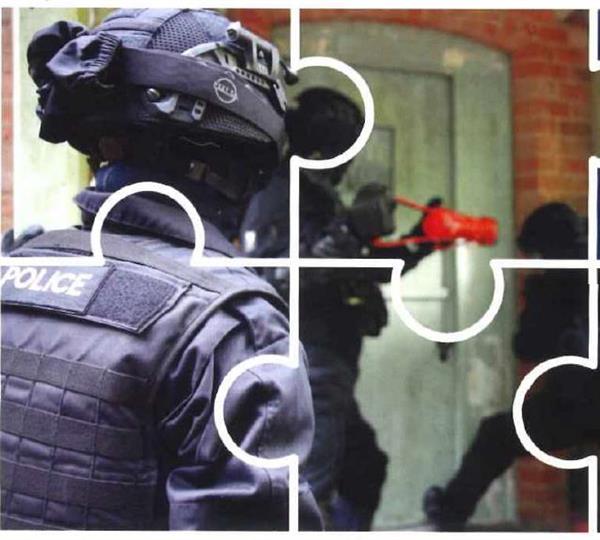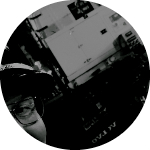
|
||
|
|
||
|
||
|
Understanding Cuckooing in the Community |
||
Dear Resident
Cuckooing is a form of exploitation that is becoming a serious concern in many communities. Criminal groups, particularly those involved in drug trafficking and county lines operations, use this tactic to take over the homes of vulnerable individuals for illegal activities. Understanding cuckooing, its impact, and how to recognize and report it is crucial in protecting those at risk.
What is Cuckooing? Cuckooing is a crime in which criminals target vulnerable individuals—such as the elderly, disabled, people with mental health issues, or those suffering from addiction—and use their homes as bases for illegal operations. The term "cuckooing" comes from the way cuckoo birds lay their eggs in other birds’ nests, tricking them into raising their young. Similarly, criminals infiltrate someone’s home and exploit them for their own gain.
Types of Cuckooing Cuckooing can take several forms, depending on the criminals' intent. The most common include: Drug Cuckooing: Drug dealers use the property as a base to store and sell drugs, often as part of county lines operations. Financial Exploitation: Criminals manipulate the victim into handing over money, benefits, or bank accounts. Sexual Exploitation: The home may be used for sex trafficking or prostitution. Weapons Storage: Some criminals use the property to hide illegal weapons. Human Trafficking: Victims may be forced to house people involved in modern slavery.
Who is at Risk? Certain individuals are more vulnerable to cuckooing, including: Those living alone, particularly elderly or disabled individuals. People struggling with addiction or mental health issues. Individuals experiencing financial hardship. Residents in social housing or sheltered accommodations.
Criminals often gain control through manipulation, intimidation, threats, or even offering "help" such as free drugs, money, or companionship.
Signs of Cuckooing It is important for communities to be aware of the warning signs of cuckooing, which include:
Increased visitors at a property, especially at odd hours. Strangers coming and going, often staying for short periods. Changes in the resident’s behavior, such as withdrawal or distress. Signs of physical abuse or neglect in the resident. Unusual financial activity or the victim struggling more than usual. Presence of drug paraphernalia or weapons.
How to Prevent and Report Cuckooing Protecting vulnerable members of the community requires vigilance and action.
Preventive Measures: Support and stay in contact with vulnerable neighbours or family members. Educate people about the risks of cuckooing. Encourage individuals to seek help from local authorities if they feel at risk.
Reporting Cuckooing: If you suspect cuckooing, do not confront criminals directly.
Contact the police on 101 (or 999 in emergencies). Report anonymously through Crimestoppers at 0800 555 111. Inform local social services if a vulnerable person is at risk. Notify housing associations or landlords if you suspect an issue in rented properties.
Cuckooing is a serious issue that endangers vulnerable individuals and harms communities. By recognizing the signs and taking action, we can help prevent exploitation and keep our neighbourhoods safe. If you suspect someone is a victim of cuckooing, don’t hesitate to report it. Working together, we can protect the most vulnerable and ensure our communities remain safe and secure. | ||
Reply to this message | ||
|
|






